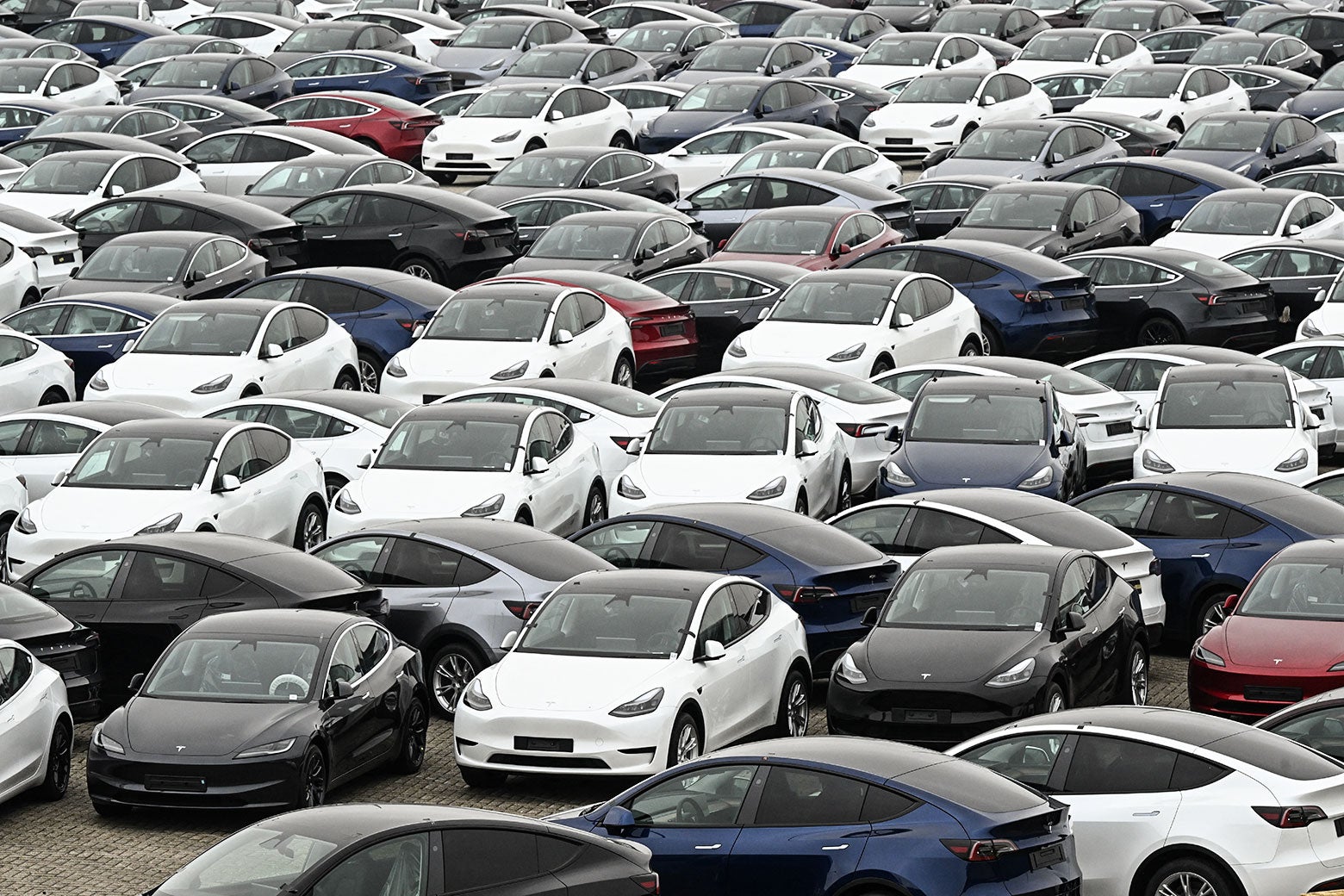AZG News Hub
Your go-to source for the latest news and informative articles.
Charged Up: Why Electric Cars Are the Future of the Open Road
Discover why electric cars are revolutionizing the open road and shaping a sustainable future. Buckle up for a thrilling ride!
The Rise of Electric Vehicles: Understanding the Technology Behind the Revolution
The automotive landscape is undergoing a transformative shift with the rise of electric vehicles (EVs). This change is largely driven by advances in battery technology and the growing focus on sustainable energy solutions. Unlike traditional combustion engines, electric vehicles utilize electric motors powered by rechargeable batteries. As battery technology improves, we see a significant increase in the driving range and efficiency of these vehicles. For instance, modern EVs can now travel over 300 miles on a single charge, a significant leap from the early models. This has made them more appealing to the average consumer, further accelerating the adoption of EVs across the globe.
Electric vehicles are not just about environmental sustainability, but also about technological innovation. Many EVs are equipped with state-of-the-art features such as autonomous driving capabilities and advanced infotainment systems that enhance the driving experience. Furthermore, the integration of smart technology allows these vehicles to communicate with charging stations and other smart infrastructure, optimizing energy use and reducing wait times. As governments impose stricter emissions regulations and consumers become more eco-conscious, the demand for electric vehicles is expected to rise exponentially in the coming years, positioning them as a staple in the future of transportation.

10 Reasons Why Electric Cars Are the Future of Transportation
As the world grapples with environmental concerns and the pressing need for sustainable solutions, electric cars are emerging as a pivotal element in the future of transportation. One key reason for this shift is their ability to significantly reduce greenhouse gas emissions compared to traditional gasoline vehicles. According to a report from the International Energy Agency, the transition to electric vehicles (EVs) could cut global CO2 emissions from road transport by over 70% by 2050. Additionally, electric cars offer lower operating costs, as they are cheaper to maintain and charge than their fossil-fuel counterparts. The growing network of charging stations further enhances their viability, making long-distance travel more accessible.
Another reason why electric cars represent the future of transportation is the technological advancements driving their development. Innovations in battery technology have led to increased range and reduced charging times, addressing two of the most significant barriers to EV adoption. Moreover, many countries are implementing strong incentives for electric vehicle buyers, ranging from tax credits to rebates for purchasing EVs. As cities continue to prioritize reduced emissions and improved air quality, it's clear that the momentum behind electric vehicles will only grow, making them an essential component of a cleaner, more sustainable transport landscape.
How Do Electric Cars Compare to Traditional Vehicles?
When comparing electric cars to traditional vehicles, it is important to consider several key aspects, including fuel efficiency, maintenance costs, and environmental impact. Electric vehicles (EVs) typically offer a higher efficiency rate, converting over 60% of the electrical energy from the grid to power at the wheels, while conventional gasoline vehicles only convert about 20% of the energy stored in gasoline. This means that electric cars can travel further on less energy, providing cost savings for drivers in the long run.
Another vital factor is the environmental impact of both vehicle types. Electric cars produce zero tailpipe emissions, contributing to improved air quality and reduced greenhouse gas emissions. In contrast, traditional vehicles emit harmful pollutants that can affect both health and the environment. Additionally, as renewable energy sources, such as solar and wind, become more integrated into power grids, the carbon footprint of electric cars continues to decrease, making them an increasingly sustainable choice for consumers.